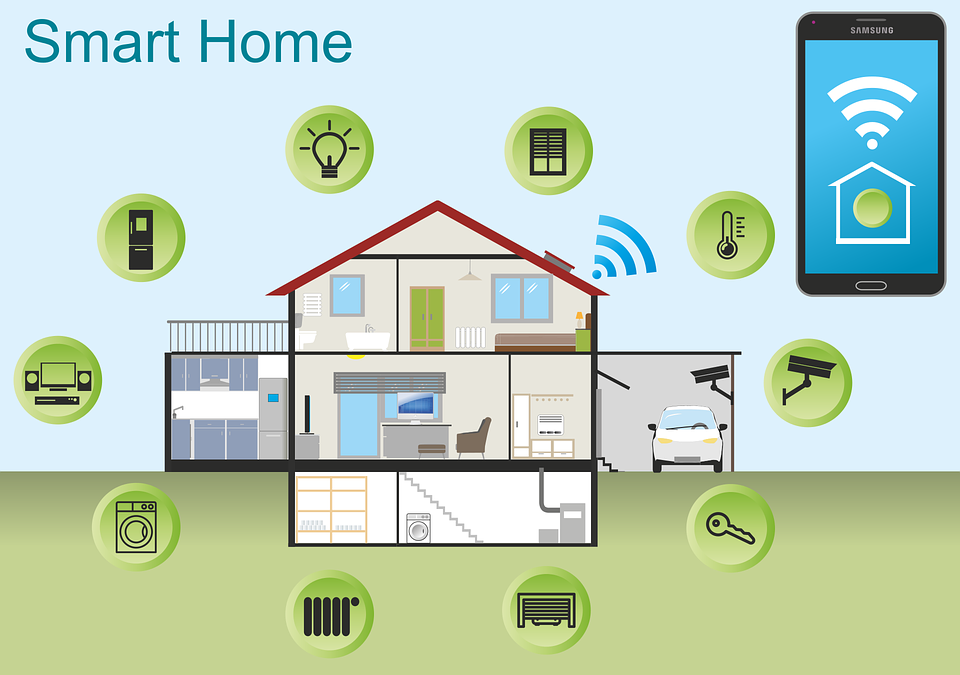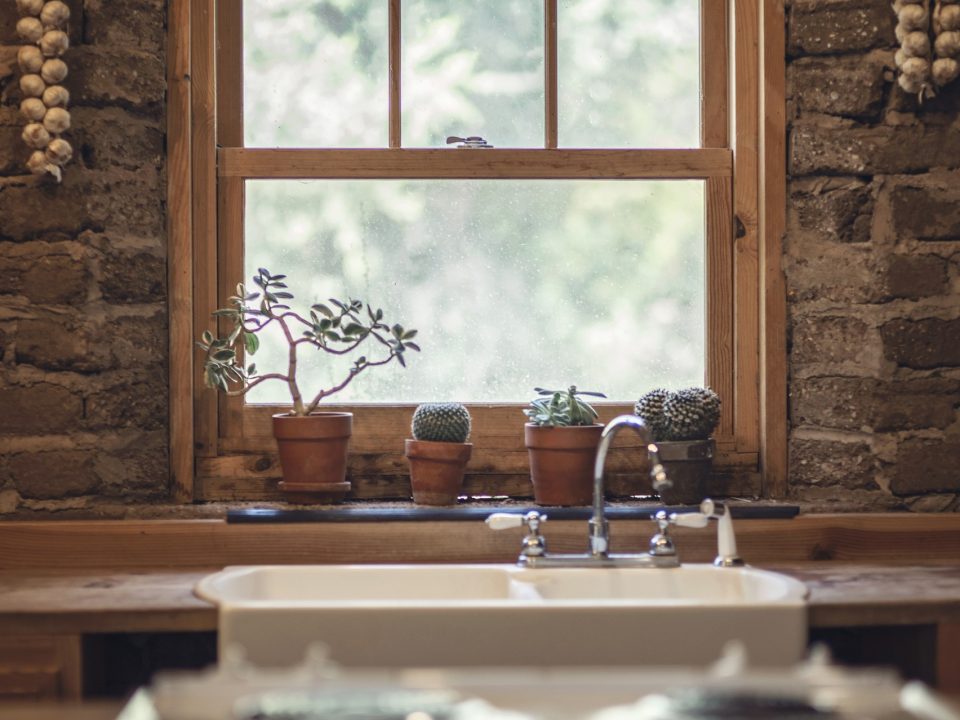Turning Your Philadelphia Smart Home into a Genius

All signs point towards smart homes being the wave of the future, especially in Philadelphia. Pennsylvania was an early adopter of smart home technology, outpacing most of the American Midwest and even other progressive states like Oregon, Massachusetts, and Maryland. The home automation business is booming, having produced $36 million in sales in 2016. Interest is growing exponentially, and has been for most of the 2010s. More and more homeowners are taking advantage of new home control and automation technology, which not only grants them unprecedented control over their houses’ functions, but helps them stay greener and more cost-efficient as well. Here’s what you need to know about the smart home craze.
What the heck is a smart home?
A smart home is one that uses automation in the form of either voice controls or buttons on a smart device. Automation means that these commands take the place of menial tasks like flicking a switch to turn on the lights, or manually controlling your home security system. Making these tasks automatic is facilitated through the internet, to which smart devices and home control centers are connected. It’s kind of like wireless internet powering Netflix and Hulu on your TV… only for other home devices, such as the HVAC system, lighting, or garage door.
What parts of your home can you automate?
You’d be amazed what aspects of your home you can control through automation. Imagine saving tens of dollars on your power bill by training your heating and air conditioning system to go up or down to a cost-saving level when you aren’t in the house, or closing your garage door from the comfort of your couch in the living room because you forgot to do it when you pulled the car in. You’ve undoubtedly heard of devices like Alexa, Siri, and Google Dot, which act as home ambassadors to your automation experience. With a spoken command and the right hookups, you can dim the lights, set your alarm for the morning, or even play your favorite song.
The following are some of the things you can do with smart home functions:
- Lights: turn on/off, control dimness/brightness
- Security: arm system when away, disable system from afar, use cameras to send current video feed to your phone or tablet
- Locks: lock/unlock doors (keyless entry)
- Thermostat: remotely control temperature while away for maximum efficiency
Other than convenience, what are the benefits of smart homes?
In addition to being super useful for convenience purposes, like locking a forgotten front door or making sure your backyard is free of your teenager’s hooligan friends while you are on vacation, home automation can save money and increase your home’s efficiency as well. Let’s talk about your homeowner’s insurance for a moment. Having an amped security system, along with other high-tech safeguards, will save you money on what is otherwise a rather costly annual expense. The average homeowners with smart homes save approximately twenty percent on their insurance premiums, or $1,154 a year.
Then there’s your electric bill. Nationwide, homeowners pay an average electric bill of $110 a month, which multiplies out to $1,320 a year. Of that, heating and cooling alone make up 56 percent of the total bill. The rest is eaten up by appliance usage, water heating, lighting, and “other,” which includes miscellaneous expenses like phone charging and kicking butt at Mario Kart on your Nintendo Switch. Having smart technology in your home lowers your bill by an average of $16.50 a month, or $198 a year. Between that and the savings on your insurance, you’ve got a good chunk of money to go towards a family vacation!
How do I get started?
If you are thinking of brightening up your home’s intelligence, the first step to undertake is research. Find out what systems and appliances are out there, and what your needs are based on your family size and the square footage of your home. Next, comparison shop for the best prices on different systems so you can compare and contrast appropriately. If you are unsure exactly what you want to buy, make your purchase in-store so you can quickly and easily return items that don’t work for you. Lastly, if installation is daunting you or you just can’t seem to figure out how to make things work (to say, if your home is suddenly smarter than you!), go ahead and hire an expert to help you along. You’ve made a big investment in your home, so you may as well shell out the dough to make it work for you.



